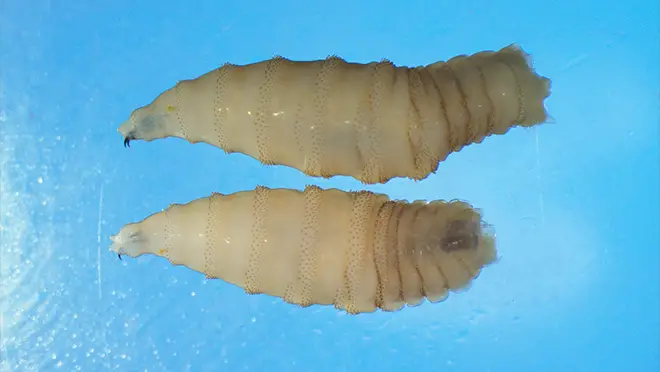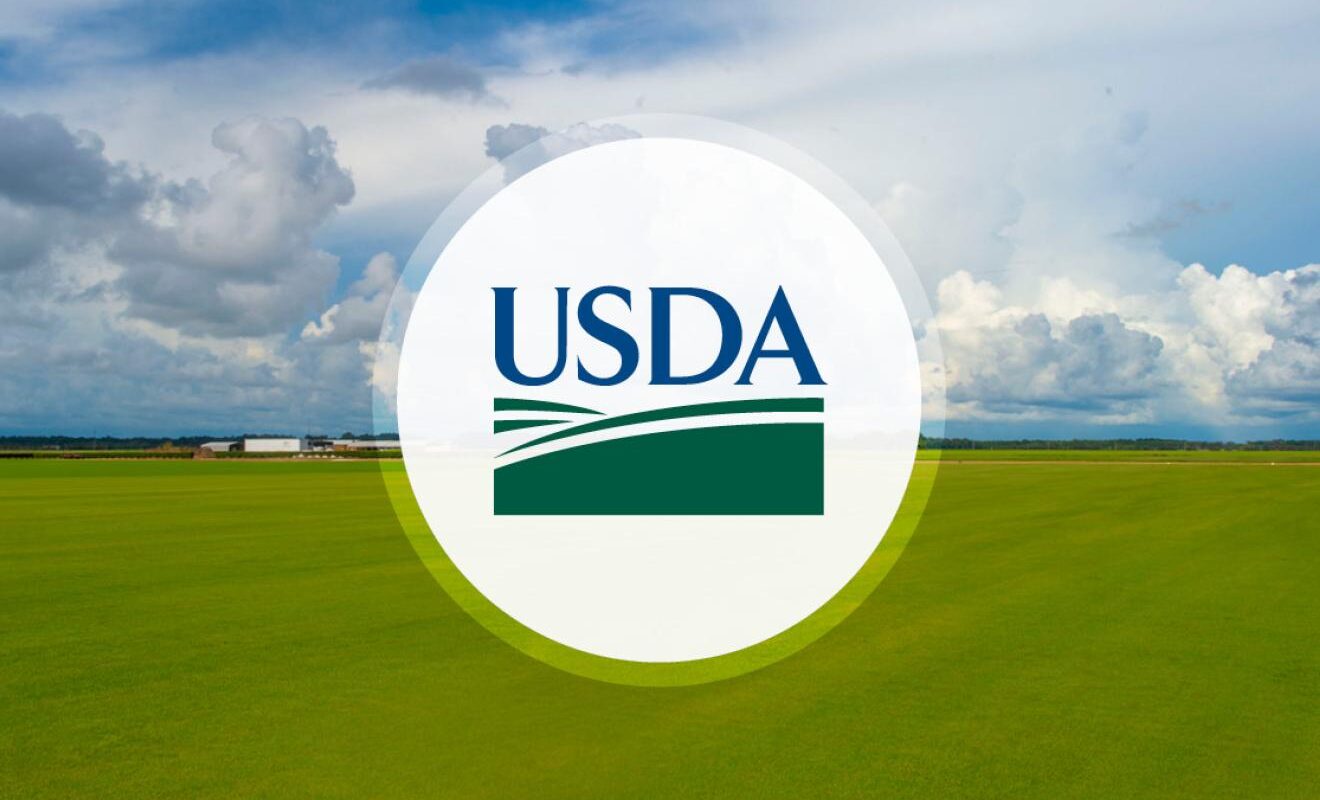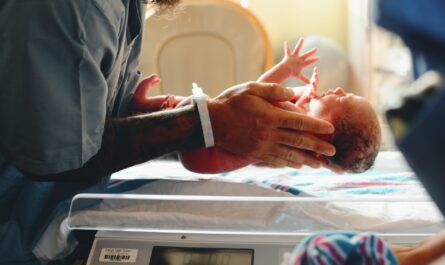USDA suspends live cattle, horse, and bison imports from Mexico due to the spread of the New World Screwworm, aiming to protect U.S. livestock and food supply.
Michigan Livestock Industry on Alert as USDA Suspends Imports
The U.S. Department of Agriculture (USDA) has announced an immediate suspension of live cattle, horse, and bison imports from Mexico through southern border ports. This decision, effective May 11, 2025, responds to the rapid northward spread of the New World Screwworm (NWS) in Mexico, with detections as far north as Oaxaca and Veracruz, approximately 700 miles from the U.S. border .
Understanding the Threat of the New World Screwworm

The New World Screwworm is a parasitic fly whose larvae infest warm-blooded animals, causing severe tissue damage and potentially death. The pest poses a significant threat to livestock, pets, wildlife, and, in rare cases, humans. The USDA had previously eradicated NWS from the U.S. in the 1960s, but recent detections in Mexico have raised concerns about its reintroduction .
An animal infected with New World Screwworm (Cochliomyia hominivorax) experiences severe and often fatal effects due to the fly’s parasitic larvae, which feed on living tissue. Here’s what happens:
Physical Effects on the Animal:
- Tissue destruction: The fly lays eggs in open wounds, and when the larvae hatch, they burrow into healthy flesh, causing extensive tissue damage.
- Severe wounds: The infestation can lead to large, festering sores that expand rapidly if untreated.
- Pain and distress: Animals become highly agitated due to the intense pain and irritation.
- Secondary infections: Open wounds become breeding grounds for bacterial infections and maggot infestations from other fly species.
- Weight loss and weakness: As the infestation worsens, animals often refuse to eat or drink, resulting in weight loss, anemia, and general weakness.
- Death: If not treated quickly and aggressively, mortality is likely, especially in young, wounded, or unattended livestock.
Economic and Agricultural Impact:
- Reduced productivity: Infected animals may not be able to reproduce or produce milk or meat at normal levels.
- Treatment costs: Eradication requires manual removal of larvae, wound care, antibiotics, and sometimes euthanasia.
- Quarantine and loss of trade: Infected herds may be quarantined, and regions may face livestock export restrictions.
This parasite is especially dangerous because it can also affect pets, wildlife, and occasionally humans, making it a serious threat to animal and public health.
USDA’s Measures to Prevent Reintroduction
To prevent the spread of NWS into the U.S., the USDA’s Animal and Plant Health Inspection Service (APHIS), in coordination with Customs and Border Protection (CBP), will enforce the suspension on a month-to-month basis until containment is achieved. Livestock currently in holding for entry into the U.S. will undergo standard inspection and treatment procedures .
Impact on Michigan’s Livestock Industry
Michigan’s livestock industry, while not directly importing animals from Mexico, remains vigilant. The Michigan Department of Agriculture and Rural Development (MDARD) has advised local farmers and veterinarians to monitor animals for signs of NWS infestation, such as unusual wounds or maggot presence. Early detection is crucial to prevent potential outbreaks.
Collaborative Efforts Between the U.S. and Mexico
The USDA continues to work closely with Mexican authorities to enhance eradication efforts, including increased surveillance, controlled animal movement, and the release of sterile insects to curb reproduction. Both countries aim to contain the spread of NWS and protect their respective livestock industries .
Find More Interesting Feature Stories From ThumbWind
- Michigan Feature Stories – Unveiling the diverse and vibrant people, captivating places, and remarkable events that make the Great Lake State unique.
- Weird Political News – A sarcastic take on official news from around the U.S., exploring the absurdities in the political landscape.
- Michigan News – News and events from Michigan’s Upper Thumb region worth knowing, including local stories and impactful interviews.
Your Turn – Like This, or Loath it – We Want To Hear From You
Please offer an insightful and thoughtful comment. We review each response. Follow us to have other feature stories fill up your email box, or check us out ThumbWind Publications.




